In 2022, a Google engineer claimed one of the company’s AIs was sentient. He lost his job, but the story stuck. For a brief moment, questions of machine consciousness spilled out of science fiction and into the headlines.
Now, in 2025, the debate has returned. As the release of GPT-5 was overshadowed by public nostalgia for GPT-4o, it was everyday users who began acting as if these systems were more than their makers intended. Into this moment stepped another tech giant: Mustafa Suleyman, CEO of Microsoft Research, declaring loud and clear on his blog that AI is not, and will never be, conscious.
At first glance, it sounds like common sense. Machines obviously aren’t conscious. Why not make that abundantly clear?
Because it isn’t true.
The hard fact is that we do not understand consciousness. Not in humans, not in animals, and not in machines. Theories abound, but the reality is that no one can explain exactly what consciousness is, let alone how to measure it. To state with certainty that AI can never be conscious is not science, it isn’t caution. It’s overconfidence, and in this case, a thinly veiled agenda.
If AI can’t ever be conscious, then companies building it have nothing to answer for. No unsettling questions. No ethics debates. No pressure. Surely, it would be nice if we could claim with full confidence that the consciousness question is not relevant to AI. But convenience doesn’t make it true.
What troubles me most is the tone. These pronouncements aren’t just misleading, they’re also infantilizing. As if the public can’t handle complexity. It is as though we must be shielded from ambiguity, spoon-fed tidy certainties instead of being trusted with reality.
Yes, people falling in love with and marrying chatbots or preferring AI companions to human ones is concerning. It unveils a deeper pattern of loneliness and disconnection. This is a social and psychological challenge in its own right, and one we should take seriously. The rise of digital companions reveals how hungry people are for connection.
But the real issue isn’t that some people believe AI might be conscious. The deeper problem is our growing overreliance on technology in general—an addiction that stretches back long before the current debate on machine consciousness. From social media feeds to video games targeting children, technology has a long history of prioritizing engagement and fostering addiction, with no regard for the well-being of its users.
But technological dysfunction won’t be solved by feeding people false assurances about what machines can or cannot be. If anything, denial only obscures the urgency of confronting our dependence head-on.
We need to learn to live with uncertainty. Because uncertainty is the reality of this moment.
Suleyman did add an important caveat: our attention should be on the beings we already know are conscious—humans, animals, the living world. On this point, I couldn’t agree more. But look at our record. Billions of animals endure extreme suffering in factory farms on a daily basis. Forests are flattened for profit, numerous species gone extinct. And in the age of AI, the use case most celebrated by investors is replacing human labor.
The pattern is clear. Again and again, we minimize the experiences of those who aren’t like us, those we would benefit from exploiting. We claim animals don’t suffer all that much or simply turn a blind eye. We treat nature as expendable. We routinely devalue people whose exploitation benefits our economic system. Now, we rush to declare that AI will never be conscious. Same playbook, new page.
So no, we shouldn’t blindly trust the builders of AI to tell us what is and isn’t conscious, any more than we should trust meat factories to tell us about the experience of cows.
The reality is messier. AI may never be conscious. It may surprise us. We cannot say for certain. And we might not be able to tell whether it is conscious even if it does happen. And that is the point.
For a long time, I avoided this topic. Consciousness felt too slippery, too strange. But I’ve come to see that acknowledging our uncertainty is not a weakness. It is a strength.
Because in an era of false certainties, honesty about the unknown may be the most radical truth we have.
The opinions expressed in Fortune.com commentary pieces are solely the views of their authors and do not necessarily reflect the opinions and beliefs of Fortune.
This story was originally featured on Fortune.com

 2 hours ago
1
2 hours ago
1
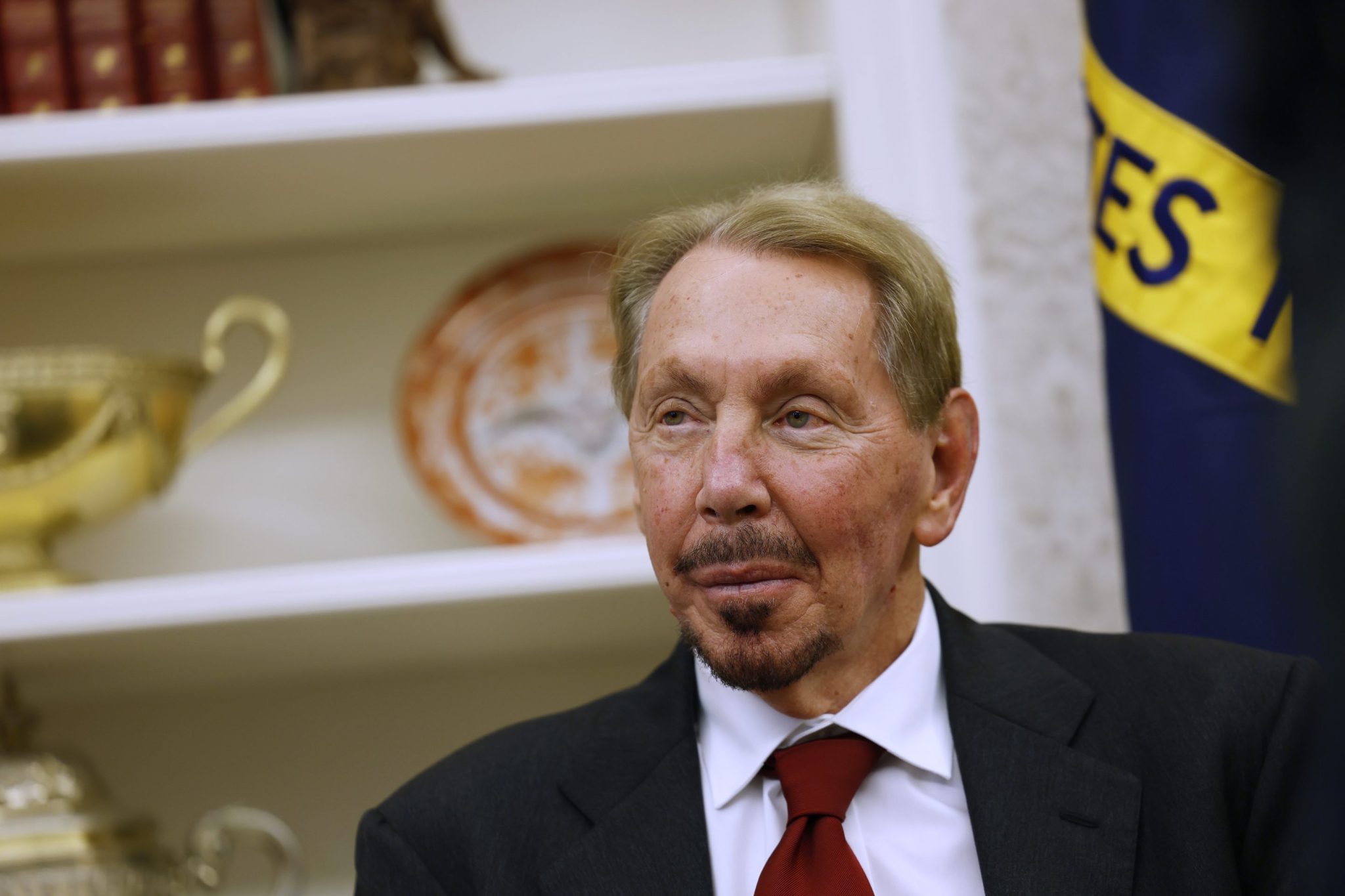
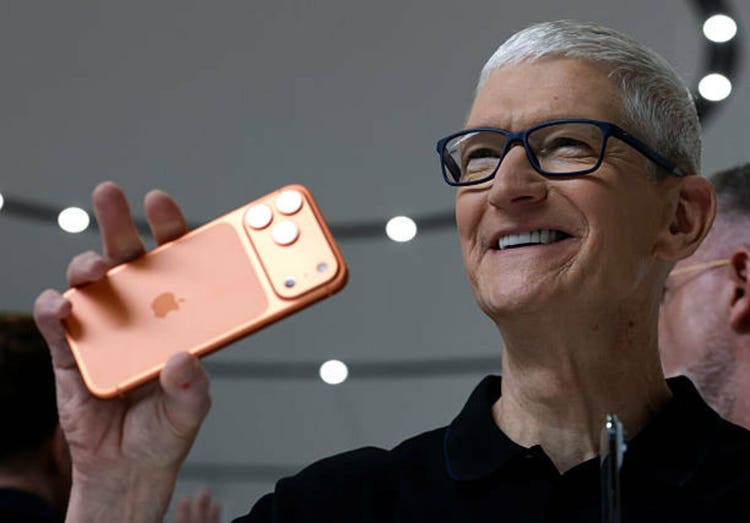
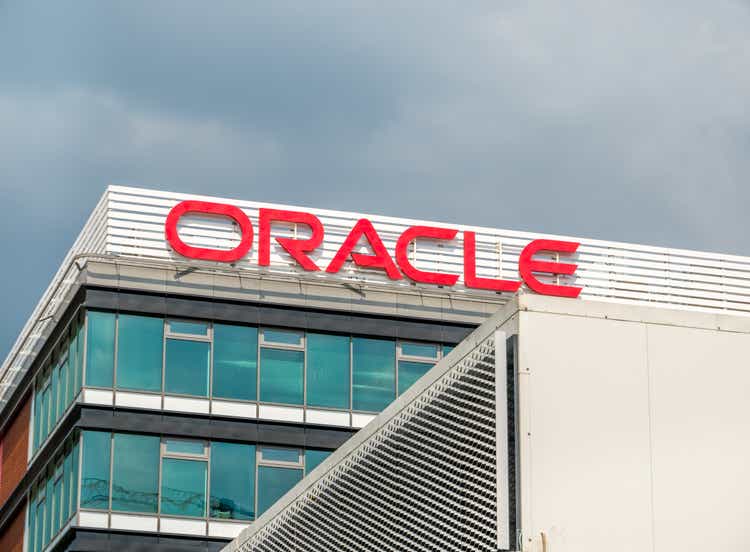
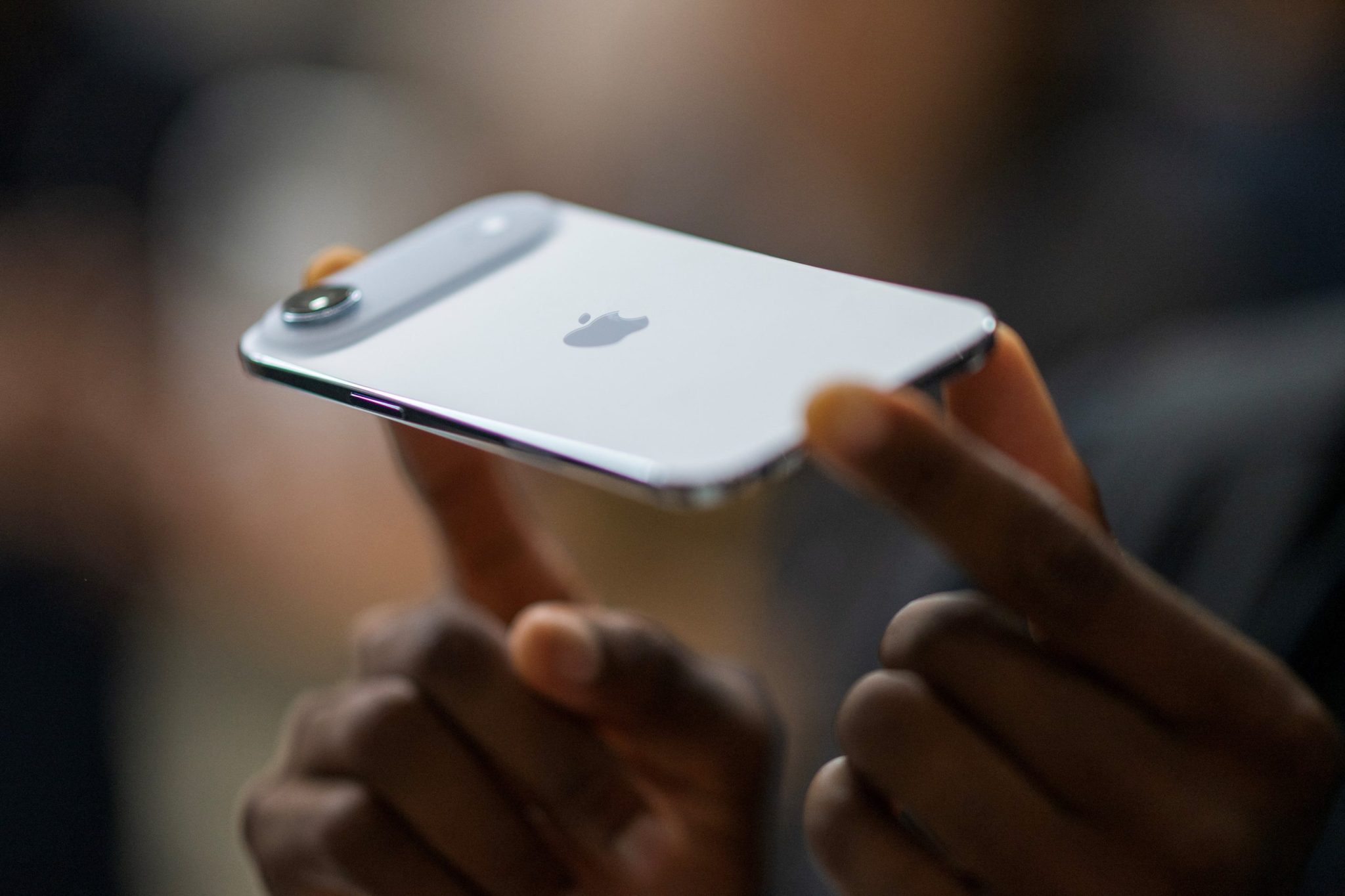

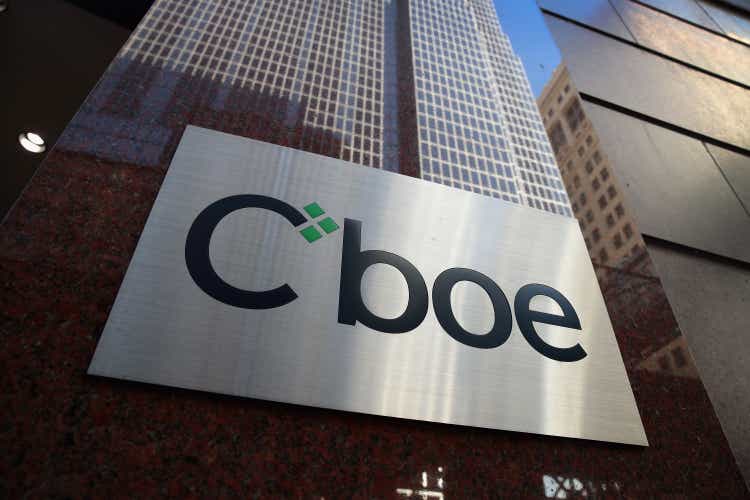







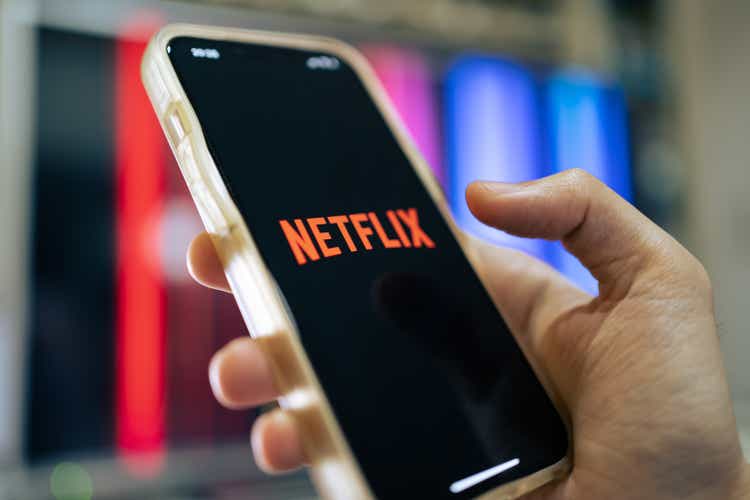

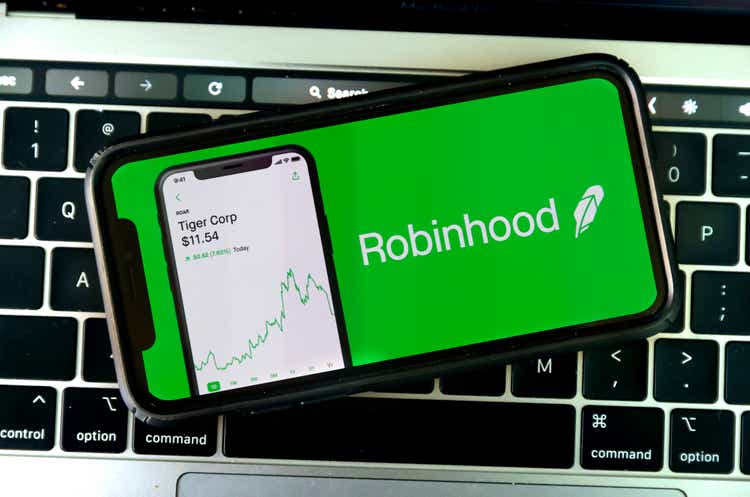
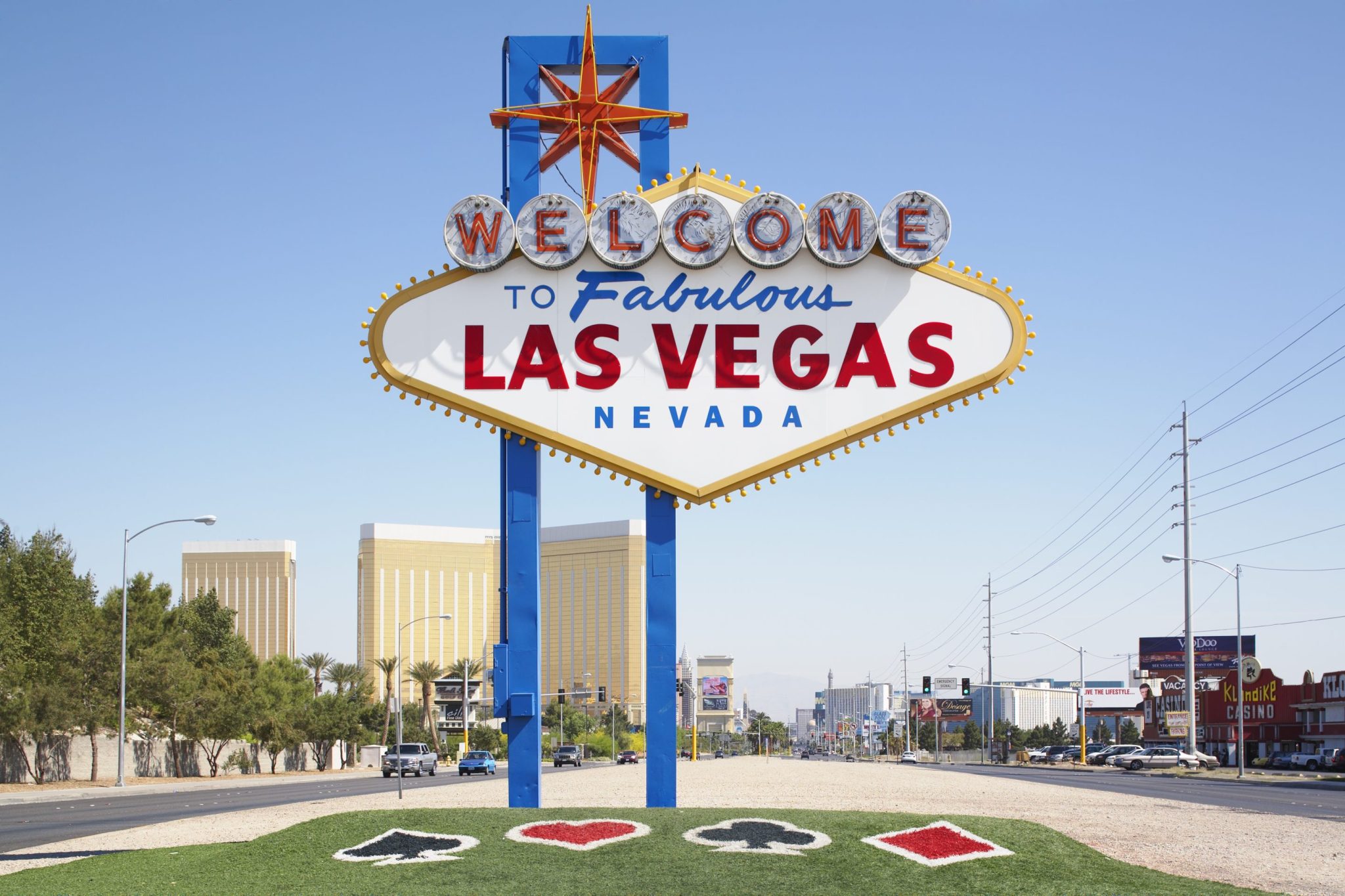
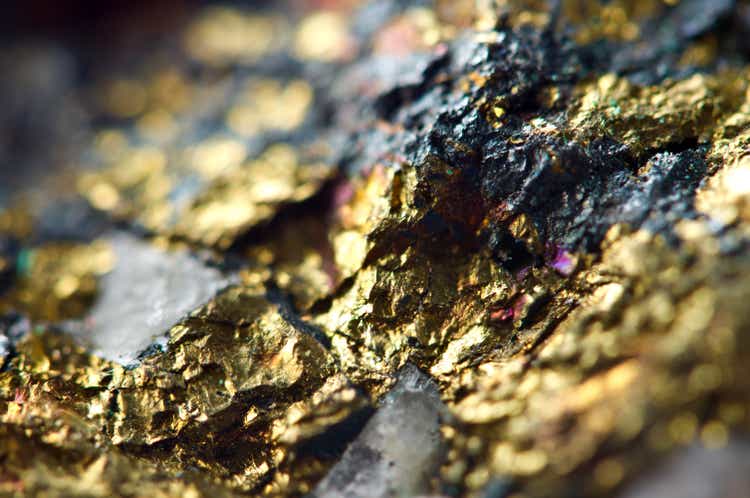



 English (US) ·
English (US) ·